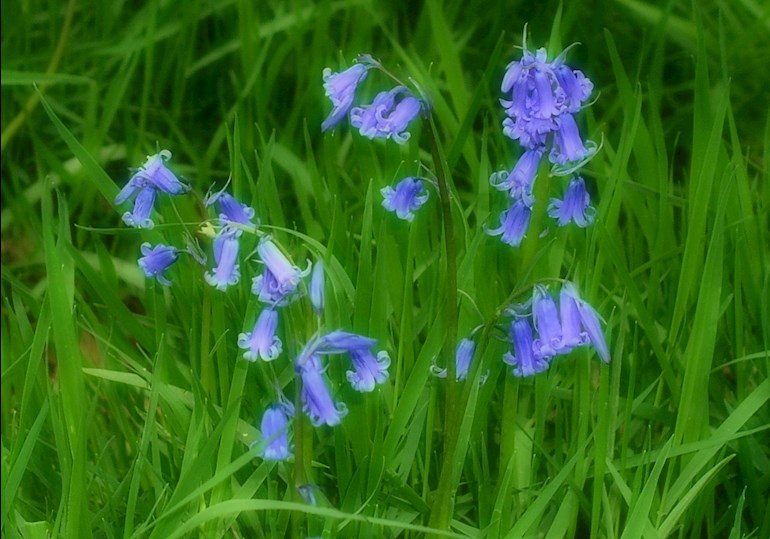After 19 months on Ibrutinib, I was delighted to hear that my immunoglobuins have improved. IgG and IgM are now within normal ranges, and IgA isn’t far off.
They were all much lower in the past, so I am very pleased, and thought it worthy of sharing. Makes a change to have some good news.
In England right now, it is bluebell season… I love bluebells.. These were in a wood very near our home.
Best wishes to all,
Paula (enjoying springtime).

